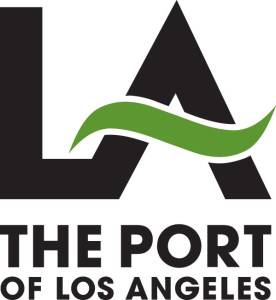The field trip to the Port of Los Angeles solidified a number of the concepts we’d discussed in class with respect to international trade, but one particular aspect left me with more questions than answers: security.
Even with the massive number of containers being unloaded off multiple cargo ships, the port included only one relatively small area in which the contents of containers were checked. Otherwise, they were stacked, and loaded as efficiently as possible to get them onto trucks to have their contents distributed as quickly as possible.
According to Rep. Janice Hahn (D-Calif.), who introduced legislation that would reserve federal funds to improve port security, only three percent of incoming cargo is scanned.
With the passage of the Trans-Pacific Partnership, which will further open up US trade with other nations along the Pacific, west coast ports are likely to see a surge in traffic. Does that mean three percent turns into two or one?
Hahn’s Scan Containers Absolutely Now Act, commonly (and fortunately) known simply as the SCAN Act, was introduced in the House a little more than a year ago and, from a brief news search, was never heard from again. Despite the ridiculous name, the bill points to a very real—and thus far, unaddressed—issue.
We spent two hours touring and having multiple people tell us how critical the port is to the US economy and, by extension, the world. A trade agreement that will increase the amount of traffic to the west coast’s busiest ports has been passed just ahead of what is already the ports’ busiest time of year.
Did I mention that more than 95 percent of containers passing through ports go completely unchecked?
Given the US’s often frosty relationship with growing economic power China, that country’s increasingly friendly relations with its neighbors (see: Regional Cooperation Economic Partnership) and rising global tensions that include what basically amounts to a proxy war with China’s neighbor Russia, is it really that far-fetched to think that negligence on port security might be an actual problem?
Of course, authorities assuredly have security measures in place that are invisible to the public, but given the fact that local legislators felt the need address it in Washington, it seems that an issue may remain.
It just seems from the outside that the level of oversight doesn’t match the relative importance of the ports to global trade. Given the short-sightedness of most legislators, that seems unlikely to change.

Leave a Reply
You must be logged in to post a comment.